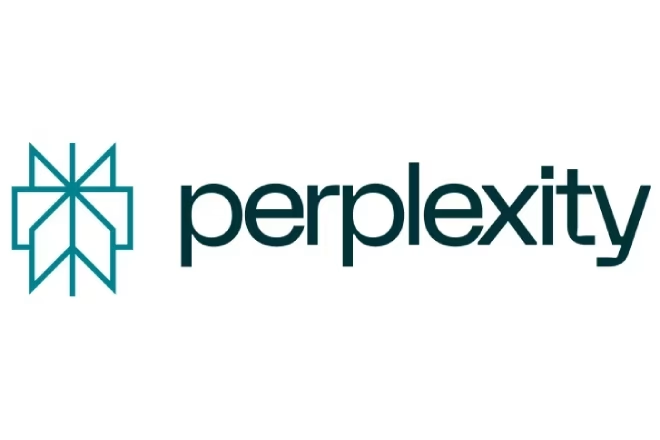Perplexity on macOS: A Leap Forward with Model Context Protocol
For anyone who spends a significant portion of their day glued to a Mac, the Perplexity app has been a quiet, yet powerful, ally. That simple keyboard shortcut, instantly bringing up a prompt field for a search, has always felt like a little superpower. It cuts through the noise, gets you answers fast, and keeps your workflow humming. But here's where it gets really interesting: Perplexity for macOS just got a major upgrade with the addition of Model Context Protocol (MCP) support. And honestly, it's a game-changer for how we interact with AI-powered search.
The Power of Instant Access, Amplified
This instant access isn't just a convenience; it's a productivity multiplier. Think about it: less context switching means more focus. For researchers, writers, or developers, those saved seconds add up to hours. It's a testament to thoughtful app design, prioritizing user experience above all else. And now, with MCP, that core utility is getting a serious shot in the arm.
Demystifying Model Context Protocol (MCP): What It Means
With MCP, Perplexity can now integrate more deeply with other tools and, crucially, other AI models. It's not just fetching information; it's becoming a central hub that can leverage the strengths of various AI systems. We saw hints of this earlier in the year when Perplexity introduced MCP support through its API, allowing other models, even ones like Claude, to tap into its real-time web search capabilities. Now, that power is coming directly to your desktop app. It's a significant shift, transforming Perplexity from a smart search engine into something more akin to an intelligent assistant that can orchestrate information from multiple sources.
A New Era for Workflow and Research
The implications of MCP support are pretty profound for the everyday user. What does it mean in practice? It means your Perplexity searches can become even more context-aware and powerful. If you're working on a project, theoretically, Perplexity could pull in information not just from the web, but also from your local files, your connected apps, or even other specialized AI models you're using, all through this protocol.
Perplexity's Strategic Position in the AI Landscape
This MCP integration isn't just a technical update; it's a strategic move that solidifies Perplexity's position in the rapidly evolving AI market. While traditional search engines like Google are still dominant, Perplexity has carved out a significant niche by focusing on direct, sourced answers and a superior user experience. The market certainly seems to agree, with Perplexity AI valued at a hefty US$18 billion as of July 2025. That's no small feat.
The community reaction, particularly on platforms like X, has been overwhelmingly positive. Users are genuinely excited about the enhanced functionality and the potential it unlocks. This continuous innovation, pushing the boundaries of what an AI-powered search engine can be, is what keeps Perplexity competitive. They're not just iterating; they're redefining the interaction model, moving towards a more interconnected and intelligent digital assistant. It's a clear signal that they're not afraid to challenge the status quo, and frankly, that's refreshing.
The Road Ahead: Interconnected Intelligence
The addition of MCP support to the Perplexity macOS app is more than just a feature; it's a glimpse into the future of AI. We're moving beyond isolated AI tools to a world where these intelligences can communicate, collaborate, and build upon each other's strengths. Perplexity is positioning itself as a crucial bridge in this interconnected ecosystem.
While the full extent of MCP's capabilities will unfold over time as more tools and models adopt the protocol, the foundation is now firmly laid. For macOS users, this means a more powerful, more integrated, and ultimately, a more intelligent way to access information and enhance their productivity. It's an exciting time to be working with these tools, and I, for one, can't wait to see what comes next.
